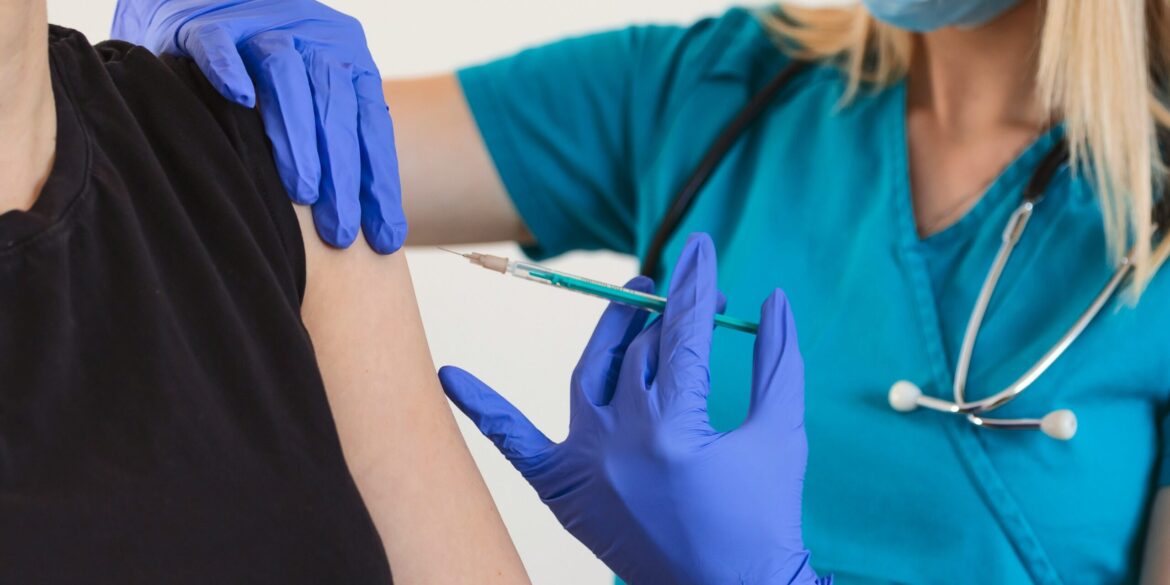The Texas Department of State Health Services (DSHS) has issued a public health warning following a significant measles outbreak in the state. As of July 8, 2025, there have been 753 confirmed cases since the start of the year, primarily affecting the South Plains region of Texas. This outbreak has raised alarm among health professionals and community leaders, as measles is a highly contagious disease that can cause severe complications, especially in unvaccinated populations.
Details of the Measles Outbreak
The measles outbreak began in January 2025 and has progressively spread across various counties in the state. Although fewer than 10 individuals are currently infected, the outbreak has prompted local health departments to take immediate action to contain the spread. Public health officials are concerned about the low vaccination rates in certain areas of Texas, which have been linked to the rise in preventable diseases like measles.
Measles, caused by a highly contagious virus, can lead to serious complications such as pneumonia, brain inflammation (encephalitis), and even death, especially in infants and those with weakened immune systems. The disease is characterized by high fever, cough, runny nose, and a characteristic red, blotchy rash. It is spread through respiratory droplets when an infected person coughs or sneezes, making it highly transmissible in public spaces.
Vaccination Rates and Public Health Preparedness
Health experts have emphasized the importance of vaccination in preventing outbreaks like this. The MMR (measles, mumps, and rubella) vaccine is considered the most effective way to prevent the disease. However, some communities in Texas have seen declining vaccination rates in recent years, largely due to misinformation and vaccine hesitancy.
The DSHS has urged all Texas residents to verify their immunization status and receive the MMR vaccine if they are not up to date, particularly those in high-risk areas. Health officials are also calling for better public health education to inform families about the safety and efficacy of vaccines. The state is working closely with local healthcare providers to increase outreach and vaccination efforts, especially in underserved communities.
Public Health Response and Next Steps
In response to the outbreak, the DSHS is increasing its efforts to contain the disease. Local health departments are conducting vaccination drives, offering free MMR vaccines in schools, clinics, and community centers. There is also an emphasis on ensuring that children who are unvaccinated or under-vaccinated receive their shots.
The state’s public health teams are conducting extensive contact tracing to identify and quarantine individuals who may have been exposed to the virus. Healthcare facilities are being monitored for increased cases, and hospitals are working closely with the DSHS to ensure they are prepared to handle any potential surges in cases.
Health officials are also advising residents to remain vigilant for symptoms of measles and to seek medical attention if they suspect they have been exposed or are showing signs of illness. It is also crucial for individuals with symptoms to stay home and avoid public spaces to prevent further transmission.
What Residents Can Do
The DSHS is urging all Texas residents, especially parents of young children, to make sure that their immunizations are up to date. For those who have not yet received the MMR vaccine, it is recommended that they schedule an appointment with their healthcare provider as soon as possible. In addition, anyone experiencing symptoms of measles is urged to stay home, contact their doctor, and inform any individuals they may have come into contact with.
With measles outbreaks occurring in several states across the country, the situation in Texas serves as a reminder of the importance of maintaining high vaccination coverage to prevent the spread of this potentially dangerous disease.

